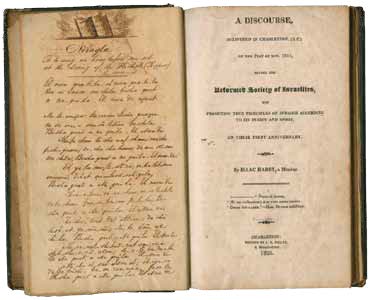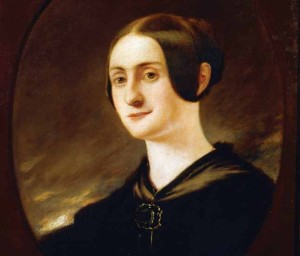Charleston History
Charleston Jewry: 320 Years and Counting
 Charleston, South Carolina, was one of a handful of port cities where the early years of American Jewish history were played out. Jewish immigrants began arriving in the colonial capital as early as the 1690s, drawn by the promise of economic opportunity and the town’s reputation for religious freedom. As late as 1820, Charleston was home to the largest Jewish community in the United States. As the city was outpaced by ports such as New York and New Orleans, its Jewish population failed to match the growth of other communities in the young republic. Yet it remained a center of Jewish life in South Carolina and the region.
Charleston, South Carolina, was one of a handful of port cities where the early years of American Jewish history were played out. Jewish immigrants began arriving in the colonial capital as early as the 1690s, drawn by the promise of economic opportunity and the town’s reputation for religious freedom. As late as 1820, Charleston was home to the largest Jewish community in the United States. As the city was outpaced by ports such as New York and New Orleans, its Jewish population failed to match the growth of other communities in the young republic. Yet it remained a center of Jewish life in South Carolina and the region.
Traders and Patriots: 1690–1820
By the 1730s Charles Town (as Charleston was originally called) counted about ten Jewish households; by 1749 there were enough Jewish residents to form a congregation. Kahal Kadosh Beth Elohim adopted the Sephardic rites of worship, as did her sister congregations in New York, Newport, Savannah, and Philadelphia.
During the American Revolution, the city’s 200 Jews by and large supported the Patriot cause. As many as 28 Jewish men served in a company of the Charles Town Regiment known informally as the “Jew Company.” Within a year of arriving in South Carolina, Francis Salvador was elected to the First Provincial Congress as one of ten deputies from the upland district of Ninety Six, thus becoming the first practicing Jew to serve in a legislative body in America. When fighting broke out the 29-year-old Salvador joined the local militia and was killed by British-allied Indians – the first Jew known to have died in the War of Independence.
Charleston’s Jewish population grew to an estimated 500 by the turn of the 19th century, bolstered by war refugees returning from other seaboard cities and by immigrants from Europe and the West Indies. In 1791, Beth Elohim, numbering 53 families, purchased land for a synagogue, which was completed in 1794.
Civil Wars in Charleston: 1821–1865
 In 1824, Charleston produced the first home-grown movement to reform Judaism in America. It was led by young, native-born Jews who believed that if Judaism did not change, it would not survive under the conditions of unprecedented freedom they enjoyed. To combat the “apathy and neglect” they saw afflicting Jewish youth, Isaac Harby and 46 others submitted a petition to Beth Elohim’s leadership calling for a style of worship more like that of their gentile neighbors, with shorter services, a more decorous system of offerings, and a sermon on the Sabbath preached in English.
In 1824, Charleston produced the first home-grown movement to reform Judaism in America. It was led by young, native-born Jews who believed that if Judaism did not change, it would not survive under the conditions of unprecedented freedom they enjoyed. To combat the “apathy and neglect” they saw afflicting Jewish youth, Isaac Harby and 46 others submitted a petition to Beth Elohim’s leadership calling for a style of worship more like that of their gentile neighbors, with shorter services, a more decorous system of offerings, and a sermon on the Sabbath preached in English.
When the adjunta, or board of trustees, dismissed their plea, 12 petitioners, led by Harby, Abraham Moïse, and David Nunes Carvalho, broke from Beth Elohim and formed The Reformed Society of Israelites. They compiled their own “reformed” prayer book, the first of its kind in America, and made plans to build a sanctuary. By 1833, however, five years after Harby’s untimely death, the movement had lost some its steam; most of the reformers rejoined Beth Elohim, where they would work for change from within.